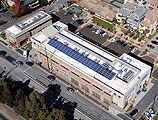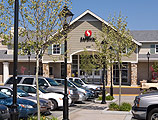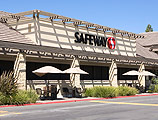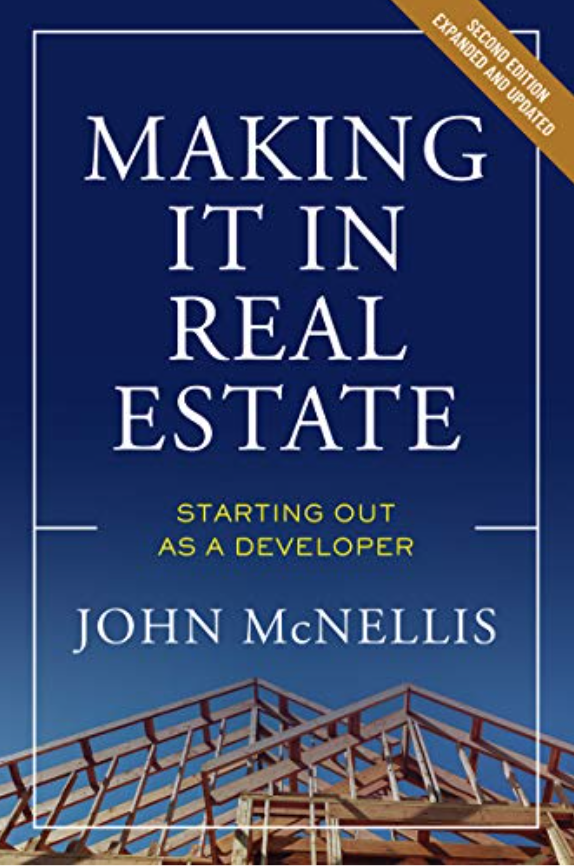The Urban Land Institute is arguably real estate’s most prestigious international organization. There to advise, the learned pundits at its spring meeting in San Diego seemingly predicted every possible economic outcome for next year. Some seers contended that we are back to 1981, and that our soaring inflation (now 8.5 percent) will stay aloft until it is shot down the hard way. That is, until the Federal Reserve Bank hikes short-term interest rates beyond the rate of inflation. The Fed did just this in 1981. It worked then, the bank defeated inflation, but caused the worst recession since the Great Depression. Akin to chemotherapy and its devastating side effects, this tactic would likely cure our inflationary cancer, but land us in intensive care. Thus, these economists are predicting a recession within a year.
Other attending soothsayers viewed our inflation as short-lived, contending that it will burn itself out as American consumers—unshackled from Covid—return to spending on travel and services, having sated themselves on goods. With the pressure thereby relieved on imports, the supply chain knots unravel themselves, and pricing levels off. This happier ending fails to account for the Ukrainian wildcard or the fact that, according to the US Department of Labor Statistics, we have 11 million jobs going begging today (1.8 available jobs for every idle worker). It seemed that no pundit had a cogent prognosis as to when and if the millions of missing workers will return. As unlikely as it appears that they will do so without serious pay increases—hence more inflation—these scholars are calling for no recession or, at worst, a soft landing.
There were a dozen gradations between these two opposing views, but, in short, no one knows. And if there was no consensus as to whether a recession lies ahead, there was even less certainty as to the effects an inflation-driven recession would have on real estate. Like an old-time game show, the sages offered us our choice of three curtains: real estate prices will plummet, they will remain untouched, or they will actually increase.
Curtain #1 has surface appeal. It would seem obvious, if not axiomatic, that if 10 year treasury bonds rose to, say, 5 percent, real estate yields would perforce rise even higher. Treasuries are far safer—and infinitely less trouble—than owning any kind of real estate. If so, real estate may be at risk because its values rise and fall in inverse relationship to its returns. When real estate’s yields increase, its values should drop correspondingly.
Curtain #2 has it that prices will remain unchanged because hard assets—e.g. gold, real estate and art—are time-honored inflation hedges. This theory holds that buyers will accept lower near-term yields on real estate because of the long-term protection inflation will provide their buildings. Buyers know that skyrocketing construction costs will prevent any new projects from ever competing with the rental rates of their existing inventory.
Lastly, the argument in favor of Curtain #3’s rising prices relies on a more global perspective: The war in Ukraine (and China’s response) is alarming the entire world; money managers want out of Europe and the Middle East, they’re redlining the Far East, and recession or no, America will still be the healthiest horse in the glue factory. Given their own inflation and their home currency’s drop against the dollar, overseas investors are already stuck with rock-bottom returns; akin to flight capital, global funds are now more concerned with safety than yield. The rising price coterie believes that the on-shoring of trillions in foreign capital will offset any economic malaise caused by inflation, supply chain snafus, labor shortages and even a recession.
For the record, I have no idea what the economy will look like next year. Or even next month for that matter. We’ve always thought of ourselves as farmers—needing to sow, tend and harvest every year, despite the economic weather. Do this long enough and that quirky weather averages out into climate. America’s long-term business climate, if not its periodic weather, has always been great.






















